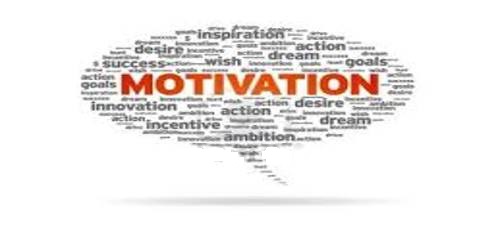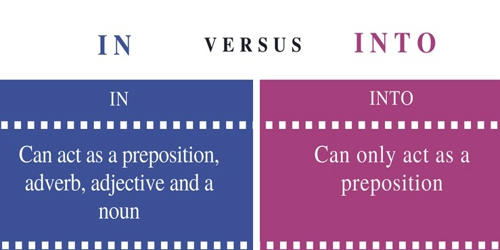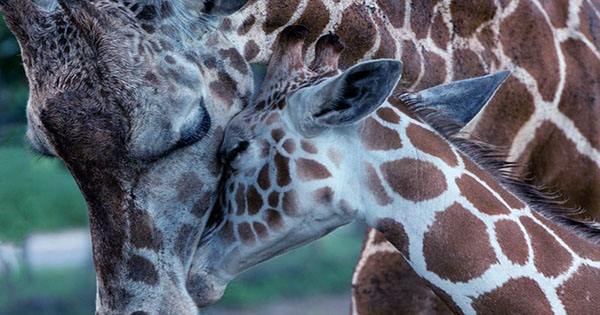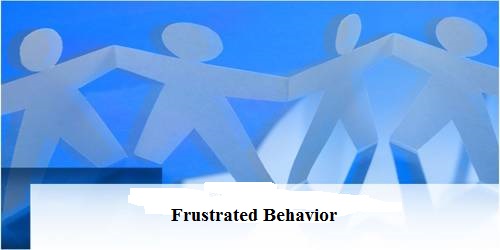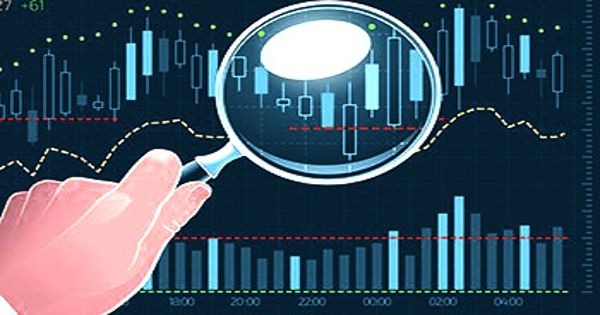Motivation is the reason for people’s actions, desires, and needs. Motivation is one of the essential aspects of HRM which is concerned with the process of inducing, inspiring, organizing, and stimulating employees to do the better job in the organization. The term is generally used for humans but, theoretically, it can also be used to describe the causes of animal behavior as well.
Characteristics of Motivation
Motivation is a process through which individually does something in order to satisfy some basic needs. It is a responsibility of a manager to motivate the employees towards the attainment of organizational goals through a higher level of performance. The motivation holds the following characteristics:
- Motivation is Personal and Psychological Concept
Motivation is a personal as well as a psychological concept; hence, the managers have to study the mental and psychological aspects of the individual. Motivating factors are always unconscious but they are to be aroused by managerial action.
- Motivation is a Process
Motivation is a process of inspiring, energizing, reducing and activating the employees to a higher level of performance. This process starts with unsatisfied needs, moves through tension, drives and goal achievement, finally, it ends with the reduction of tension aroused by unsatisfied needs.
- Motivation is a Continuous Process
Motivation is a continuous on-going process rather than one shot affair. Because an individual has unlimited wants and needs. Motivation is an unending process. Wants are innumerable and cannot be satisfied at one time. As satisfaction of needs is an unending process, so the process of motivation is also unending. As soon as the existing need is fulfilled, another will appear. Hence, motivation should go continuously.
- Motivation is a Complex Subject
Motivation is a complex subject in the sense that the individual’s needs and wants may be unpredictable. The level of need of a person depends on his/her psychological and physiological aspects.
- Motivation is Goal Oriented
Motivation should be directed towards the achievement of stated goals and objectives. Motivation causes goal-directed behavior, feeling of need by the person causes him to behave in such a way that he tries to satisfy himself. From the viewpoint of the organization, the goal is to achieve high productivity through better job performance.
- Intrinsic and Extrinsic Motivation
As an individual can be motivated either by intrinsic factors or extrinsic factors. The intrinsic factors include recognition, social status, self-esteem and self-actualization needs which are related to inner aspects of an individual. On the other hand, the extrinsic factors are physiological and social needs such as food, shelter, health, education, salary, and benefits etc.
- Positive and Negative Motivation
By the term motivation, we mean positive motivation which is related to the process of stimulating employees for good performance. But it is not necessary that all the time motivation must be positive, rather sometimes it can be negative also. The negative motivation is also known as punishment which is not desired by the employees.
- Motivation is Behavior-oriented
As motivation is person specific, it is related to the personal behavior of an employee. Behavior is a series of activities undertaken by an individual in the organizational workplace. The behavior is directed towards the attainment of goals and objectives.
Information Source:
